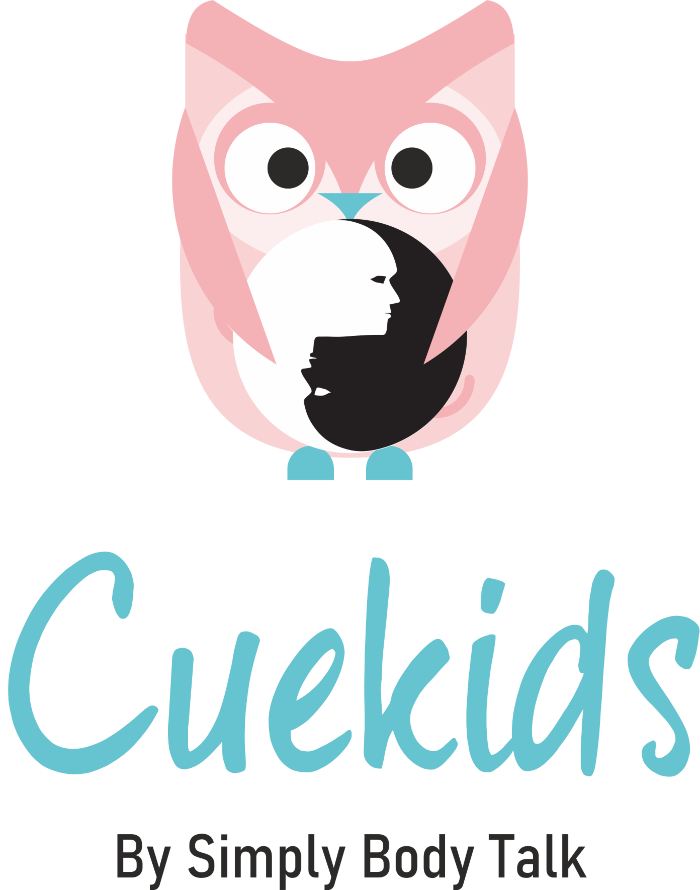The capacity to comprehend, utilise, and control your own emotions in order to reduce stress, communicate clearly, sympathise with others, overcome obstacles, and diffuse conflict is known as Emotional Intelligence. This capability is indeed essential to handle crisis-related emotions sensibly. A leader with emotional intelligence skills will be better able to manage any situation, no matter how major or minor.
Why Emotional Intelligence is needed in children?
Kids who have developed emotional intelligence are better able to control their emotions and stay on track. Children with higher emotional intelligence are more compassionate, more able to pay attention, and more involved in their studies. They also have more pleasant interactions.
Read: Emotional Intelligence in Kids
Steps for Emotional Intelligence:
Self awareness, self regulation, social skills, motivation, and empathy are the five dimensions of emotional intelligence that may all assist a kid in handling any situation with less stress, less emotional reaction, and fewer unintentional consequences.

Self – Awareness:
The capacity to discern and comprehend one’s own feelings. Children that possess this are capable of learning new things, are receptive to new experiences, and gain knowledge through interacting with others.
Self-Regulation:
The ability to control and manage your emotions Children that are good at self-control tend to be adaptable and flexible. Additionally, they excel in handling disputes and calming stressful or challenging circumstances. They take accountability for their own acts and are sensitive of how their influence may affect others.
Social Skills:
Understanding emotions on a deeper level than only your own and others’ is necessary for emotional intelligence. Children must be able to use this information in their conversations and relationships on a regular basis.
Motivation:
In addition to outward benefits like fame, money, recognition, and praise, emotionally intelligent kids are motivated by other reasons. They are action-oriented and skilled in this field. They create objectives, have a strong drive for success, and are constantly seeking for ways to improve. Additionally, they frequently exhibit high levels of commitment and initiative.
Empathy:
The ability to perceive others’ emotions is called empathy. It entails more than merely being able to identify other people’s emotional states.
In life, emotional intelligence is crucial. Few people naturally possess it, and if any do, they probably have low emotional intelligence. Fortunately, these abilities may be developed.
Ways to inculcate emotional quotient in kids:
- Have a discussion with your youngster on how to handle social issues.
- Remind your child that work and patience are necessary for success.
- One of the finest methods to teach respect is to use courteous language and to encourage them to emulate your actions.
- Character education promotes children’s ethical and responsible growth.Teach your child the value of having morals, being trustworthy, being honest, and accepting responsibility for one’s actions.
- You should make an effort to get your kids’ perspectives, let them take the lead on activities, and show flexibility when reacting to their suggestions. The youngster gains a sense of competence as a result, which fuels their drive to study.
- Asking your youngster to constantly consider themselves in another person’s shoes is one technique to promote empathy.
Low emotional intelligence warning signs in kids include:
- They Must Always Be “Right”
- They are Insensitive to the Feelings of Others.
- They act inappropriately.
Conclusion
It is easy to ignore the value of emotional growth in the flurry of striving to thrive intellectually. However, if the elements of emotions are understood and applied wisely and intentionally, it may have a profound impact on not just your child’s life but also the lives of people around them.
Know more about our Emotional Intelligence Course for Kids






[…] You may also like to read : Importance of Emotional Intelligence in Day-to-Day Life […]
[…] Read: Importance of Emotional Intelligence in Day-to-Day Life […]